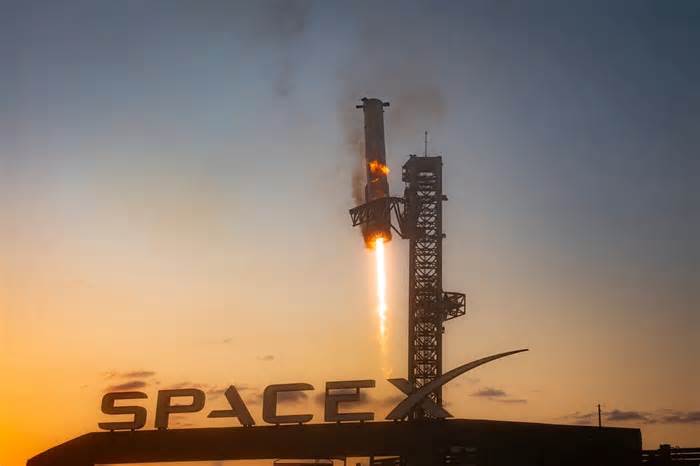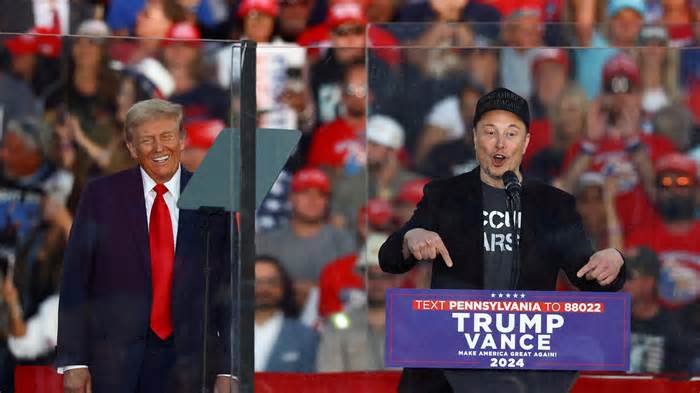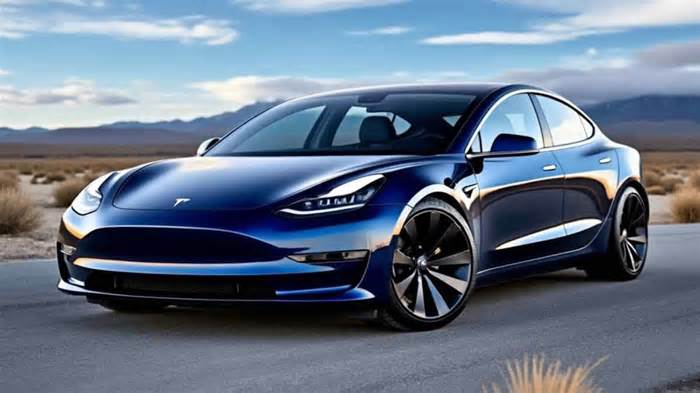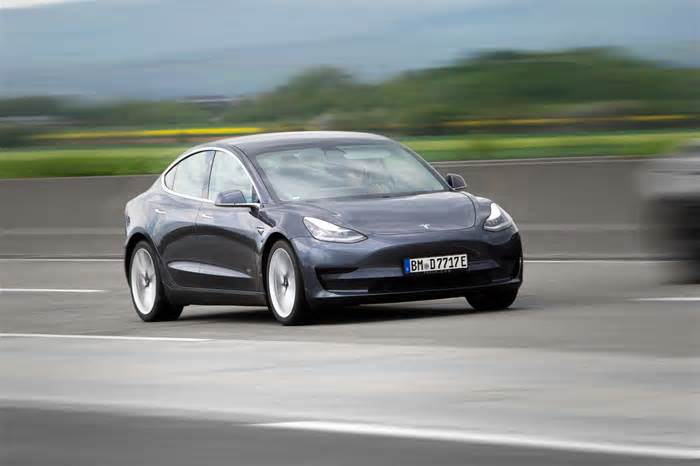
What Donald Trump's Win Will Mean for Big Tech
- by Wired
- Nov 07, 2024
- 0 Comments
- 0 Likes Flag 0 Of 5
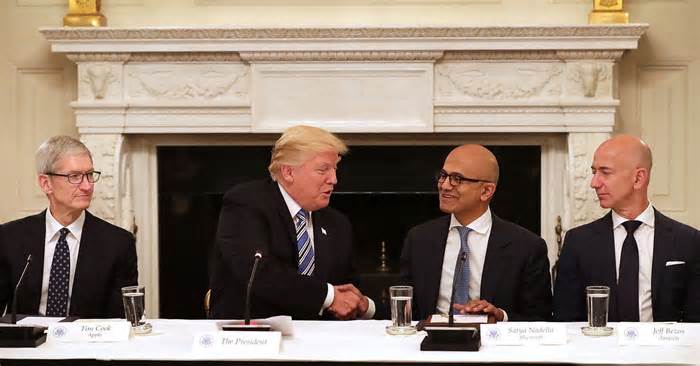
On Wednesday, the
chief executives of the leading Big Tech companies congratulated the US president-elect. Sundar Pichai (Alphabet), Mark Zuckerberg (Meta), Tim Cook (Apple), Andy Jassy (Amazon), and Satya Nadella (Microsoft) have all sparred with Donald Trump before, but they were quick to get behind him as their companies face a fresh four years of operating under an influential politician who has proved volatile.
Trump has shown disdain for Big Tech companies, and he’s been vocal about pursuing policies that increase the cost of doing business for Big Tech and subject them to more unfavorable regulations. Ahead of the election, business leaders and venture capitalists expressed concern that an unpredictable administration would undermine the stability of their businesses.
At the same time, Trump has vowed to back out of policies that might have hobbled growth for certain tech companies. The president-elect may also take a more hands-off approach when it comes to some tech mergers and acquisitions, analysts say.
And now, with Elon Musk as his biggest supporter, “this might be a moment in which there’s a picking of favorites amongst the Big Tech players,” says Betsy Cooper, director of the Aspen Policy Academy.
While Trump’s tech policy positions have varied widely—and shifted often—his actions during his last presidency and his comments on the campaign trail shed light on what Big Tech might expect during a second term.
Tariffs and Trade
One of the most closely-watched Trump proposals among the tech crowd has been his proposed import tariff, which could have a massive impact on both tech companies and consumer spending. Last year, Trump floated the idea of a 10 percent universal tariff and later proposed an additional 60 percent tariff on imports from China and up to 100 percent tariff on goods from Mexico.
This has raised questions about Apple’s business—since more than 95 percent of its hardware products are manufactured and assembled in China—as well as large retailers and ecommerce companies that rely heavily on Chinese materials and components. On Monday the National Retail Federation said US shoppers could lose up to $78 billion in annual spending power if the proposed tariffs were implemented and US companies raised prices to offset their losses.
Apple might be less vulnerable than an initial reading of these tariffs might suggest, equity research firm Bernstein said in a bullish note released Wednesday, because of the company’s ability to absorb higher tariffs. Apple has also been diversifying its supply chain by producing products in different regions, like Vietnam.
Most Popular Jess Grey
The strategy is also likely to involve hobbling America’s big rival. The previous Trump government introduced sanctions designed to limit Chinese AI companies' ability to do business with the US and access the chips required for building cutting-edge AI—controls that were tightened under Biden. Trump's second term could see efforts to restrain Chinese AI ramp-up, especially if a broader trade war kicks off.
One of the clearest statements Trump has made about the future of AI is a promise to repeal a Biden administration executive order issued around the technology.
The Biden Executive Order on Artificial Intelligence was introduced last year to place guardrails around a technology that seemed to be accelerating at a dangerous speed. Biden’s executive order implemented measures designed to limit potentially risky uses of AI, guard against bias in algorithms, and increase federal scrutiny of the most powerful models.
But Trump has vowed to repeal that order, saying at a rally in Iowa last December that on “day one” he would cancel the order and “ban the use of AI to censor the speech of American citizens.”
Many of the requirements of the executive order have, in actuality, been fulfilled, so repealing the order itself would have little effect. The Trump administration could, however, dismantle some of its work, which experts warn might have dangerous consequences as the technology becomes widely used.
States may try to fill the void. The Center for AI Policy, a safety-focused research group that discloses little about its funding, issued a memo on Wednesday stating it expects “state-level and global action on AI regulation to accelerate in the new year in response to reduced federal oversight” and that “ironically, a prolonged absence of federal regulation may increase the total compliance burden on global AI companies.”
Elon Musk’s AI rivals may also have reason to be concerned. The billionaire Trump-booster has been a frequent critic of OpenAI, which he cofounded before leaving, and of Google, accusing both companies of developing overly “woke,” politically correct AI algorithms. Musk’s desire to lead the AI race with his own company, xAI, combined with the enormous influence he might wield within the Trump administration, could make both OpenAI and Google targets, perhaps threatening their ability to secure lucrative future government contracts.
Social Platforms and Child Safety
A US law known as Section 230 currently prevents holding internet platforms liable for what users post and share. It has spared services such as YouTube, Facebook, and Snapchat from having to pay potentially billions of dollars in legal judgments to content creators, viewers, and parents of users who have alleged harm as a result of what they view as poor design and content moderation choices by the tech giants.
Just before leaving office in his first term as president, Trump threatened to veto a significant defense spending bill unless lawmakers repealed the liability shield for tech companies. In a tweet at the time, Trump called Section 230 a “threat to our National Security & Election Integrity” and added that “Our Country can never be safe & secure if we allow it to stand.”
Most Popular
Please first to comment
Related Post
Stay Connected
Tweets by elonmuskTo get the latest tweets please make sure you are logged in on X on this browser.
Sponsored
Popular Post
Tesla: Buy This Dip, Energy Growth And Margin Recovery Are Vastly Underappreciated
28 ViewsJul 29 ,2024






 Energy
Energy





